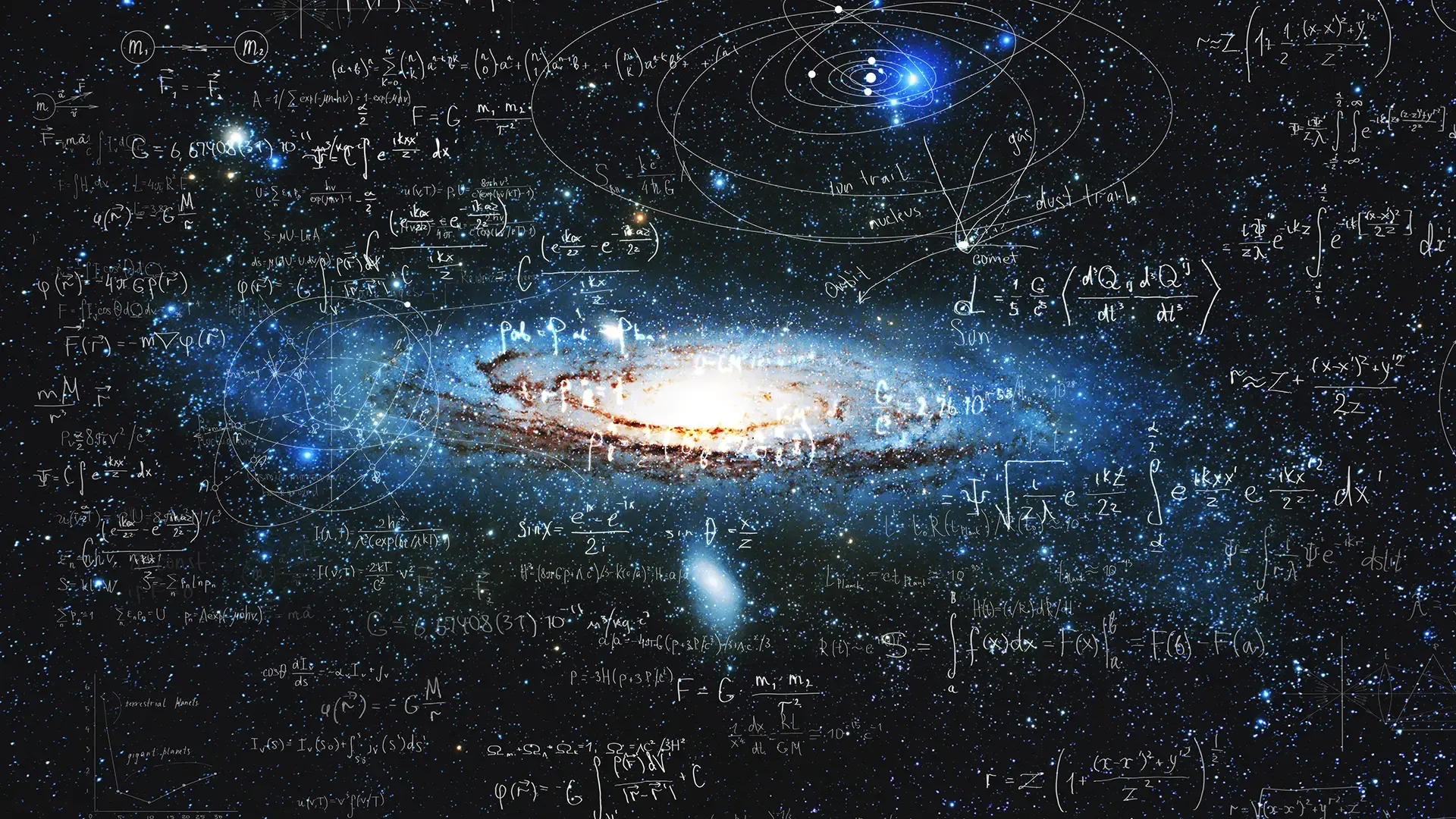A Cup of Coffee with a Splash of Creation

Did you know your cup of coffee can demonstrate the existence of God and the creation of the universe? My wife thinks I am weird, but I like to let my coffee cool down for a few minutes before drinking it. I don’t think I’m weird for not wanting my tongue burnt every morning, but maybe that’s just me.
Why does coffee cool the longer it sits? Science gives us the answer. Your coffee cools because of the Second Law of Thermodynamics. This scientific law states that entropy is always increasing. Now we ask, “What is entropy?” Simply put, entropy is the movement from order to disorder in a system.
Let me illustrate how this scientific law works with your cup of hot coffee. Your coffee maker places the heat energy into the liquid as it brews your coffee. When you pour it into your mug, the liquid coffee interacts with its surrounding environment and the heat energy escapes the liquid in the form of steam. The steam coming off your hot coffee indicates it is cooling down little by little. If you let your coffee cup sit long enough, it will eventually reach the same temperature as the environment it is in. We commonly call this “room temperature.” For the record, I don’t like room-temperature coffee, either.
Some people try to slow the cooling of their coffee by putting it in a thermos with a tightly closed lid. Scientifically speaking, a thermos slows entropy. Given enough time, even the best thermoses cannot keep the coffee from cooling. Entropy marches on. The only way to return our coffee to its original temperature is to add an external heat source. That’s why we have microwaves and stoves.
How does the Second Law of Thermodynamics tie in with the creation of the universe? The amount of usable energy is decreasing. Scientists estimate that if rates remain constant, the universe will run out of energy in about 20 billion years. But some scientists like Carl Sagan (1934-1996) claim the universe had no beginning. Sagan wrote in the opening line of his popular book and television series, Cosmos, “The cosmos is all that is or ever was or ever will be.”
If the universe had no beginning, we should have run out of energy a long time ago. Further, if the universe is going to last forever, we should not be running out of energy. But even our coffee cups tell us we are running out of energy, therefore, the universe cannot be eternal. This simple fact destroys Sagan’s godless philosophy.
This points us to what is called the “cosmological argument” for the existence of God. “Cosmological” comes from the Greek word “cosmos.” Isn’t it ironic that Sagan argued against a transcendent creator God by using the term “cosmos” and we are arguing for a transcendent creator God using the same term?
Consider the reasoning of the cosmological argument for God’s existence. 1. Everything that had a beginning had a cause. 2. The universe had a beginning. 3. Therefore, the universe had a cause.
For any conclusion to be true, the premises must also be true. Does everything that had a beginning have a cause? Certainly. This is known as the Law of Causality. It is a bedrock scientific principle. There must be a cause for everything that is. Nothing comes into being without a cause. Did your coffee come into being without a cause? Some mornings in my half-asleep state I wonder how many scoops I put into the brew basket, but I know the coffee was made by a (semi) intelligent being.
Is the second premise true? Did the universe have a beginning? The Second Law of Thermodynamics makes an eternal universe impossible. Our coffee cup taught us that. If the universe was eternal, our hot coffee would never cool down and our ice would never melt. Energy would stay constant.
The beginning of the universe is not solely dependent upon the Second Law of Thermodynamics. Many other scientific facts point to the beginning of the universe.
Albert Einstein’s theory of gravity is known as his theory of general relativity. His theory of special relativity is one of the best-known scientific equations: E=mc². However, when Einstein first proposed his theory of general relativity, he made what he considered to be one of the biggest blunders of his career. In his day, the scientific community thought the universe was eternal and unchanging. When his equations led him to a different conclusion, he inserted what he called a “cosmological constant” to maintain his belief in an eternal universe. In the following decades, science proved beyond doubt that the universe was expanding. His cosmological constant was critiqued and shown to be added in error. He removed it from his equation to match reality.
The scientific discovery that the universe is expanding caused scientists to rethink their concept of an eternal universe. Einstein and others were willing to follow the facts where they led instead of clinging to their original, incorrect theories of an unchanging, eternal universe. Thus, they faced the scientific fact that the universe had a beginning.
Since premises one and two are correct, the conclusion logically follows. The universe had a cause. Someone or something caused the universe and life to begin. That leads to a very important question. Who or what began it?
We need to grab another cup of coffee and contemplate that question deeply. When we consider the enormity of all that is, we understand the being or force that started all life must be extremely powerful. When we consider that space, time and matter cannot be eternal, we understand a being or force outside of the universe began the universe. When we consider that the universe and life had a beginning, we understand this being or force willed it into existence, therefore this being must be able to think and make decisions. Hence, it cannot be a mindless, purposeless force that accidentally brought the universe and life into being.
When we consider the level of design down to the microscopic level found throughout the universe and life, we understand this being must be extremely intelligent, far beyond human capability. When we consider the massive number of factors that must be highly fine-tuned for life to exist as it does, we understand this being must be a master inventor, engineer, architect and designer. Simply designing complex systems to work together in such a cohesive manner is the most wonderful feat in engineering history. Yet, this being went beyond merely designing and brought all these systems into being with the very materials he invented.
All these facts point to a being who is extremely powerful and outside of space, time and matter. A being who is a super-intellect who makes complex decisions. A being who can invent and design all that exists and fine-tune it with excellent precision. Who does this being sound like?
Atheism must conclude the universe accidentally began since there is no intelligent being beyond this universe. Does that line up with the logic of this evidence? No. Pantheism says the higher power is part of this universe and nothing is beyond it. Does that line up with the logic of this evidence? No. Theism says there is a being outside this universe who brought it into being on purpose. Does that line up with the logic of this evidence? Yes!
Isn’t it amazing how much we can learn from a cup of coffee?
“When I consider thy heavens, the work of thy fingers, the moon and the stars, which thou hast ordained; What is man, that thou art mindful of him? and the son of man, that thou visitest him?” Psalm 8:3-4




Leave a Reply